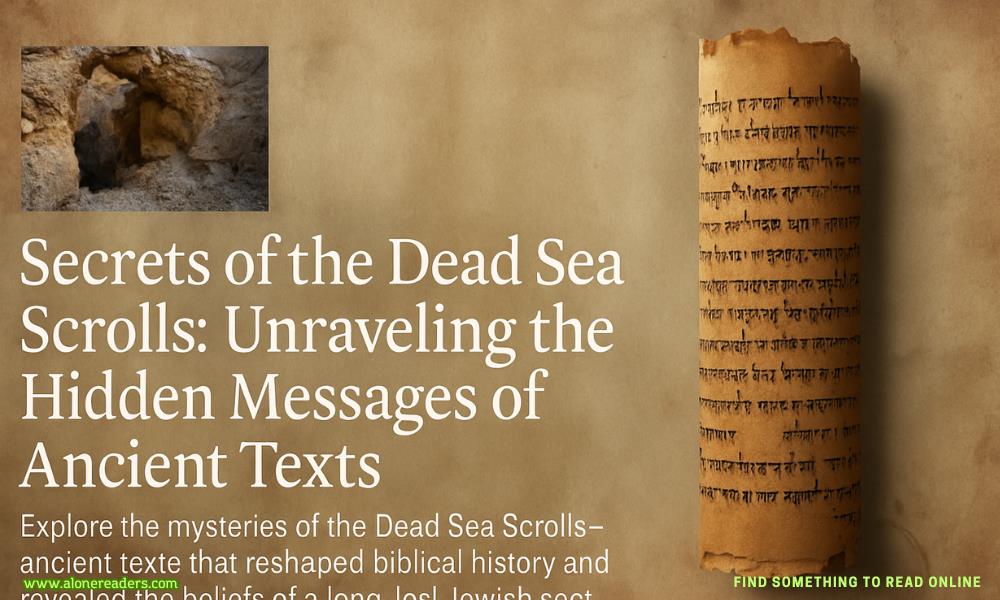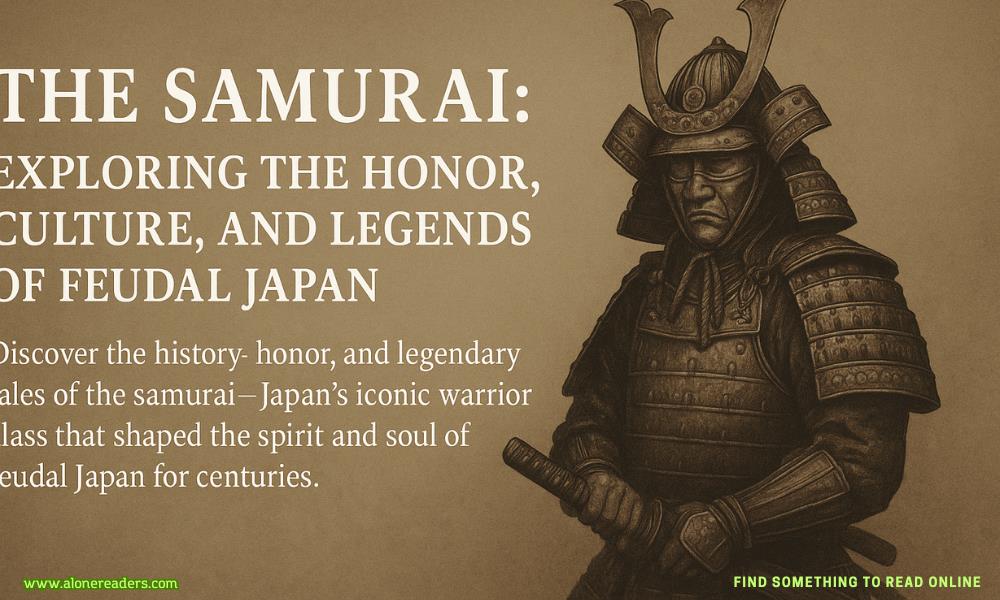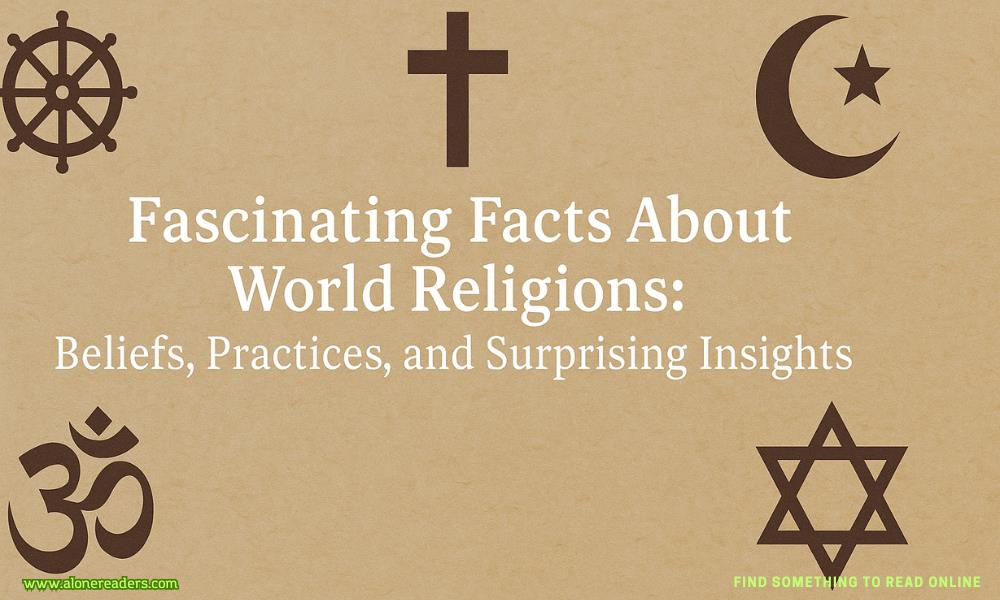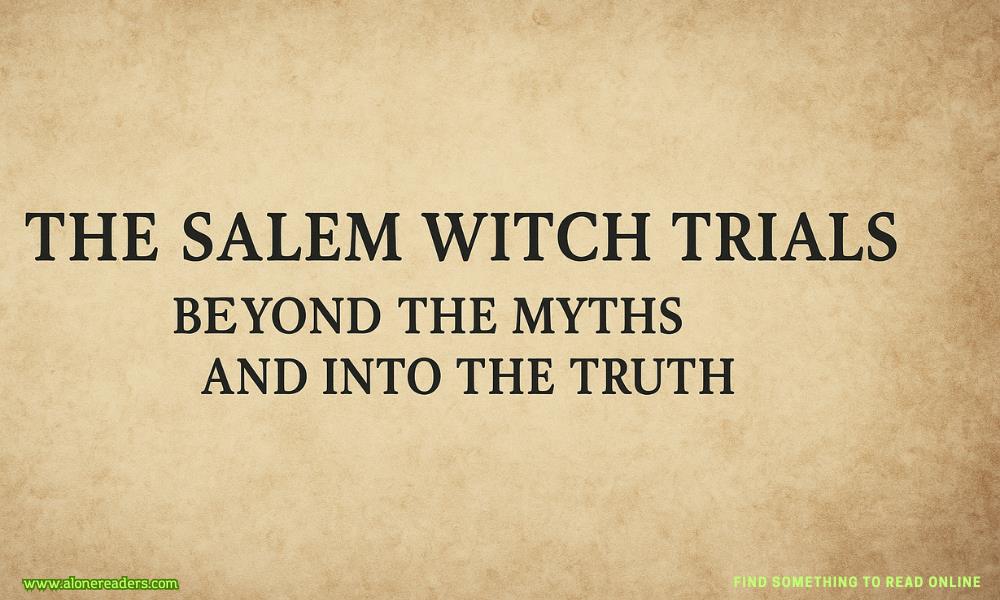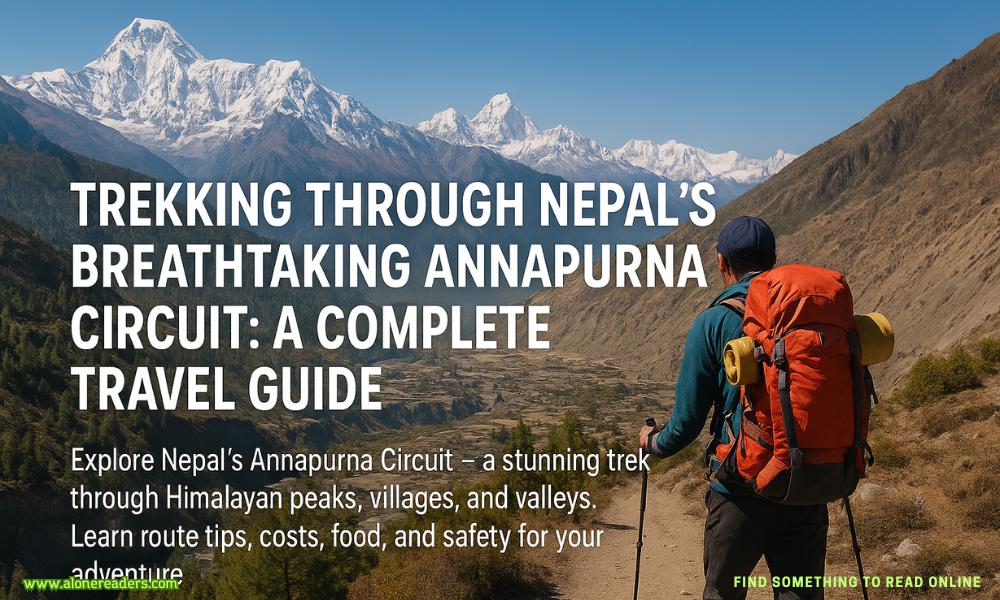Page 100 of All the Ugly Things
“No problem.”
“Thanksgiving is a few weeks away,” David announced. “If you don’t have plans for the holiday, you’re welcome to join us.”
“Oh. That’s kind, but… can I think about it?”
Part of me wanted to jump in, volunteer to try my hand at baking pies or making stuffing and asking what I could bring. The other part of me—the sane and rational side—took a glance around the table, felt the weight and expectation of hope of everyone, and realized one important fact.
If I ruined something with any of them, my new job, my new friendship with Hudson, and these new relationships I still wasn’t quite so sure of but desperately wanted—would all go up in a puff of smoke, making me more lost and alone than I’d been during my six years in prison.
“Sure, Lilly. You can absolutely think about it.” David’s expression held a knowing look, like he’d climbed inside my brain and witnessed all the self-doubt and fear I’d felt in a moment.
It was his kindness and understanding that had me choke down more emotion.
Just get through this dinner.
Then I could break down.
25
Lilly
“You’ve lived through so much it’s a wonder you’re still standing. You should be proud of that. Of what you’re accomplishing.”
“It doesn’t feel like much, or that I have a much of a choice.”
“I think we always have choices. Even here, you get to decide your behavior and your attitude, right? You get to make the choice of whether to go to school or give up, don’t you?”
I looked at this girl. Shoulder-length platinum blonde hair and these enormous dark eyes. She was so soft, so sweet. The first time I saw her at the prison’s chapel during their Sunday services when churches came and volunteered, I hated her on sight.
“Lilly.”
I jumped at the sound of my name and faced Hudson. “Yes?”
“You okay?”
“Sure. Why?” I frowned at his question. I’d been good all night. Quiet maybe after dinner, but I jumped in to help clean up afterward with Jenna and Hudson. David and Brandon switched between hanging out with us in the kitchen and shouting at the television in the family room.
“Because I’ve been parked here for at least a minute and you haven’t moved a muscle.”
“What?” I glanced out the front windshield. We were in the parking garage, stopped in his spot with the large, white P on a sign in front of us. “Oh.”
“You got quiet at dinner and didn’t say anything on the way home. Was that too much for you?”
“No. Actually, it was wonderful. It just made me think about someone.”
His thick brows pulled together and he tilted his head to the side. “Your family?”
“No.” For once, I hadn’t been thinking of them. I didn’t spend the night comparing what Hudson had to what I lacked. I had been lost in the evening, listening to the banter even when I was quiet. It was foreign, but still comforting. What a strange sensation. Even now with the question asked, it wasn’t my family my mind went to. “There was this girl. She used to come to the prison with a church. They’d hold services for us.”
“Yeah?” His eyes widened in surprise.
“Yeah. She was kind. Smiled a lot. I think the first time I saw her I hated her. She reminded me of everything I’d lost, you know? She was only a few years older than me. Or, you maybe even. Anyway, she came for almost a year, every Sunday.”
“Did you…” He paused, cleared his throat, and his jaw tightened. Like he was searching for what to say before he glanced back at me. Almost cautiously, he asked, “Did you like those?”
It took me a minute to think about that. Had I liked the service? Getting out of my room had been nice. I was more concerned watching Hudson’s reaction. It wasn’t often I opened myself up, spoke about my past. Perhaps that was why he seemed hesitant to ask me what I thought.
“Church was never really my thing, but this particular one wasn’t horrible.” Their music had been modern, not the old hymns I was used to from the Catholic Church, and the women who came were friendly enough. “I only started going because if you earned good behavior time it got you out of your room for an hour or two and it wasn’t all bad. Some weekends were more boring than others, and some churches who came had people in there you just knew were the kind of people who would hold signs at protests about going to hell, you know?”




